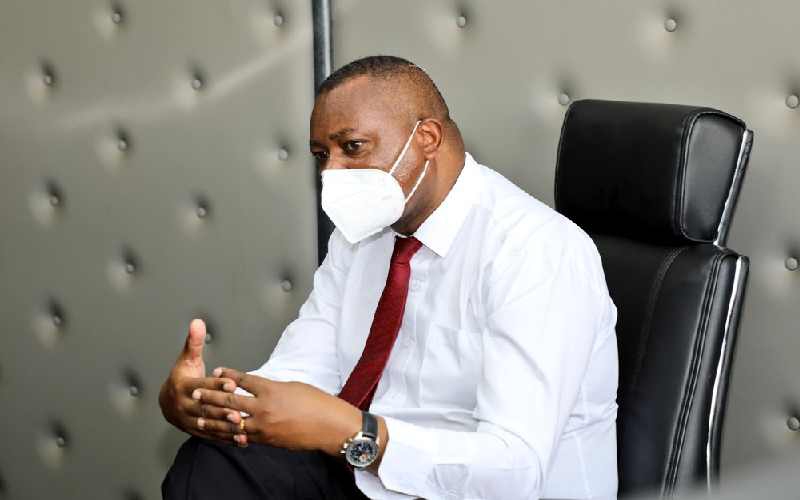×
The Standard e-Paper
Stay Informed, Even Offline

There are media reports of simmering inter-agency ‘wrangles’ between Director of Public Prosecutions (DPP) Noordin Haji and Directorate of Criminal Investigations (DCI) boss George Kinoti (pictured). Observers contend that unless the differences are resolved amicably and quickly, the fight against corruption may be stalled.